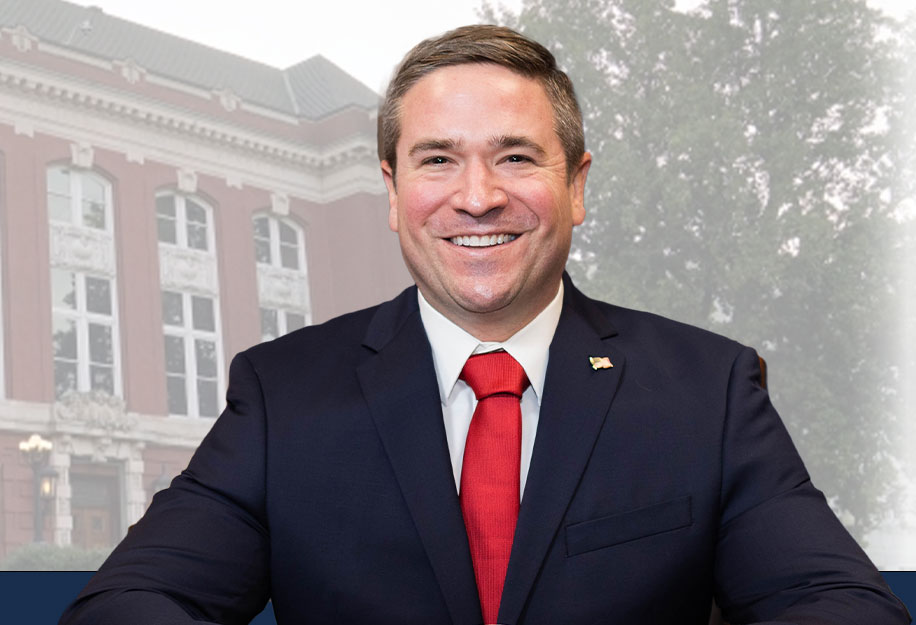By Category – Closure Permitted
AMERICAN FAMILY MUTUAL INSURANCE CO. v. MISSOURI DEPARTMENT OF INSURANCE,
169 S.W.3d 905 (Mo. App. W.D. 2005)
Under § 610.021(14), RSMo, a public body may rely on another statute, in this case a trade secrets provision under §§ 417.450 through 417.467, RSMo, to properly close certain insurance company records.
JONES v. HOUSING AUTHORITY OF KANSAS CITY, 174 S.W.3d 594 (Mo. App. W.D. 2005)
Identifying information of public housing tenants may be closed under the Sunshine Law because those records fall within the exception relating to “welfare cases of identifiable individuals” under § 610.021(8), RSMo.
STATE EX REL. MOORE v. BREWSTER, 116 S.W.3d 630 (Mo. App. E.D. 2003)
An attorney report on alleged misconduct by two school board members is a closed record as legal work product, but must be shared with all board members.
CITY OF ST. LOUIS v. CITY OF BRIDGETON, 806 S.W.2d 717 (Mo. App. E.D. 1991)
A public governmental body purchasing a number of contiguous parcels in a single subdivision is authorized to close records relating to the price paid for one parcel until all the parcels have been acquired.
OPINION NO. 93-2012
A public governmental body is authorized to close personally identifiable personnel records and records pertaining to employees, which would include pension database records. The only exception to this allowance is that records of the name, position, salary, and length of service of public employees may not be closed. Accordingly, information in the records consisting of the names and payments to public employees must be disclosed, but the rest may remain closed.
OPINION NO. 83-2009
Meetings held between a city and a local firefighters union to negotiate a memorandum of understanding pursuant to § 105.520, RSMo, can be closed pursuant to §§ 610.010 through 610.035, RSMo. However, when the written proposals are subject to adoption, modification, or rejection by the governing body, the meeting no longer can be closed.
OPINION NO. 117-2001
A city council with a city manager form of government may go into closed session to discuss personnel matters involving any city employee.
OPINION NO. 97-2000
A public governmental body may decide in closed session pursuant to § 610.021(2), RSMo, to enter into a contract that includes an option to purchase real estate at a particular price if the consideration for that contract could be affected by discussions in open sessions. However, within 72 hours of its decision the public governmental body must make public any minutes, votes, or records relating to its decision. Note: Section 610.021(2), RSMo, has since been amended to require disclosure of minutes, votes, and records upon execution of the lease, purchase, or sale.
OPINION NO. 68-95
Reference to the number of the relevant subdivision in the § 610.021, RSMo, list of exceptions to openness (for example, § 610.021(1), RSMo) is sufficient to meet the requirement of § 610.022, RSMo, which requires a public body to announce the reason for closing a meeting. A recitation of the words in the relevant subdivision is not required.
OPINION NO. 97-90
Pursuant to § 610.022.2, RSMo, notice of a closed meeting of a public governmental body must include the time, date, and place of the meeting and a reference to the specific statutory exception allowing the meeting to be closed; however, notice of a closed meeting is not required to include a tentative agenda.
OPINION NO. 78-90
The circuit clerk, prosecuting attorney, and circuit judge are not required to release to the media and public the names of members of a grand jury.
OPINION NO. 184-89
Section 610.021(3), RSMo, does not authorize a city’s governing body to close a meeting when considering appointments of volunteers to citizen boards.
OPINION NO. 18-81
Once a public governmental body has properly voted to close a meeting, all members of the general public should be removed from the meeting. The governmental body cannot discriminate regarding which members of the public it might wish to remove or allow to stay.
Note: The case of Smith v. Sheriff, 982 S.W.2d 775 (Mo. App. E.D. 1998), recognizes that a body may allow certain members of the public into a closed meeting to provide information to the body.

